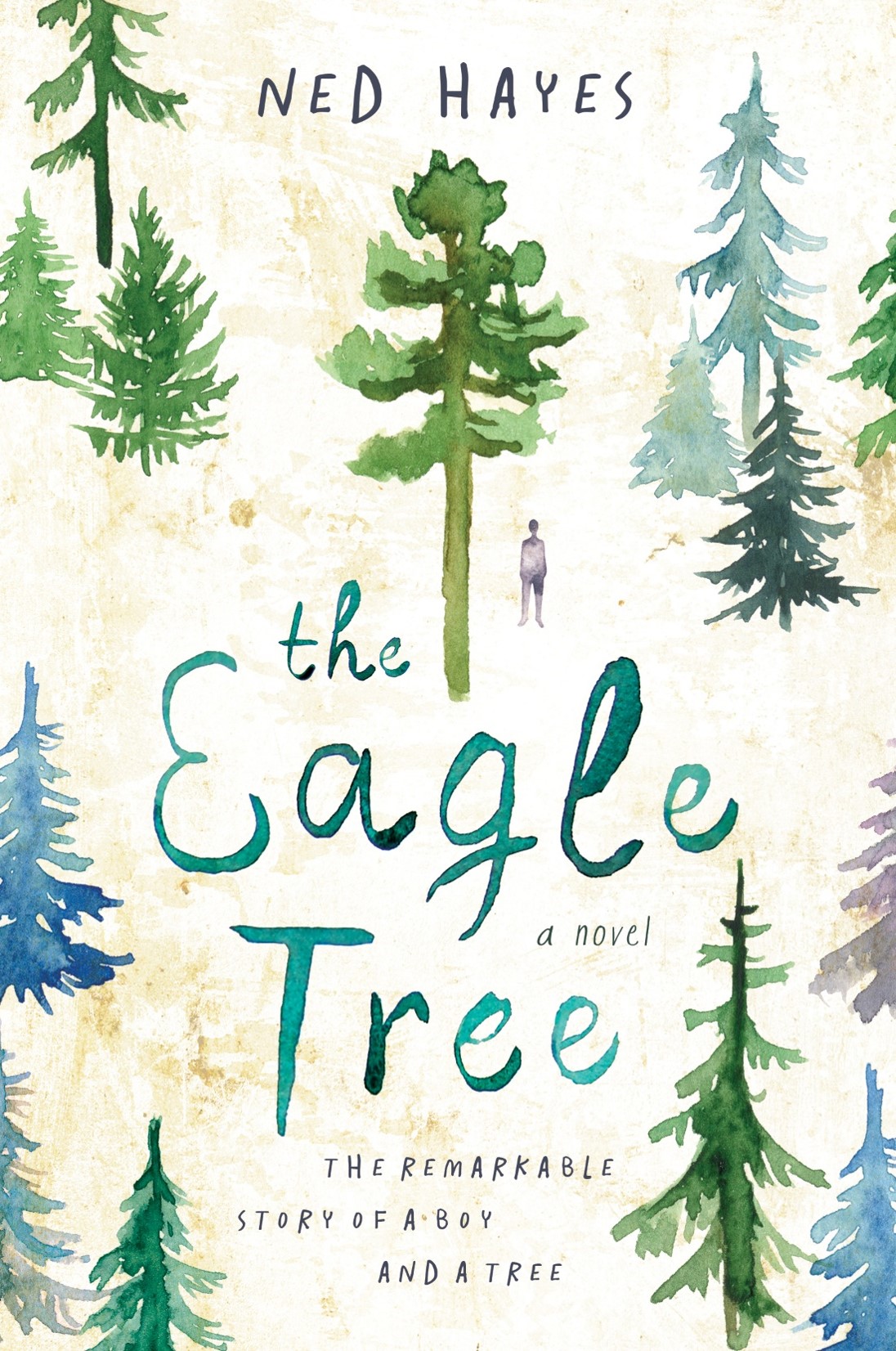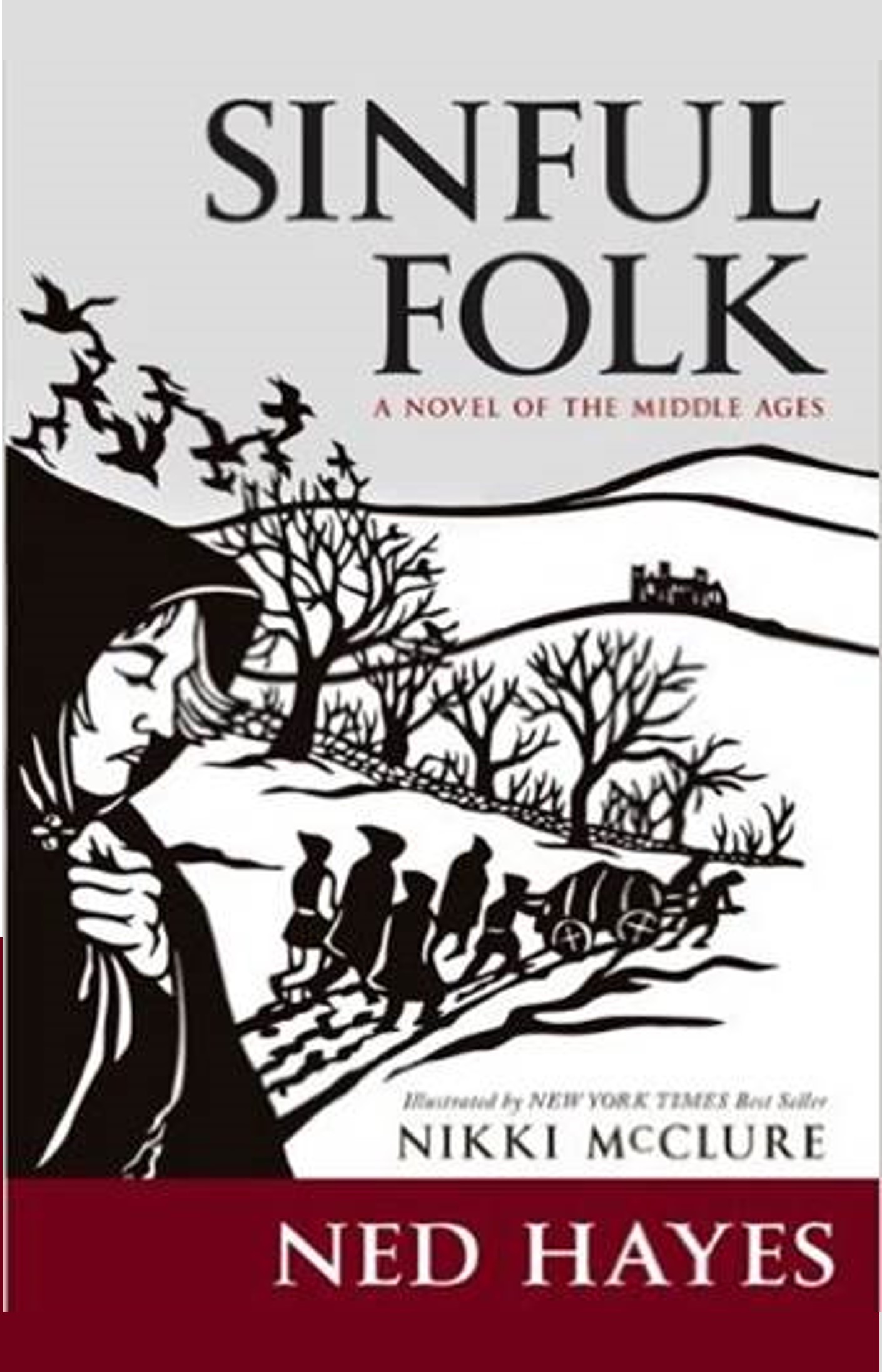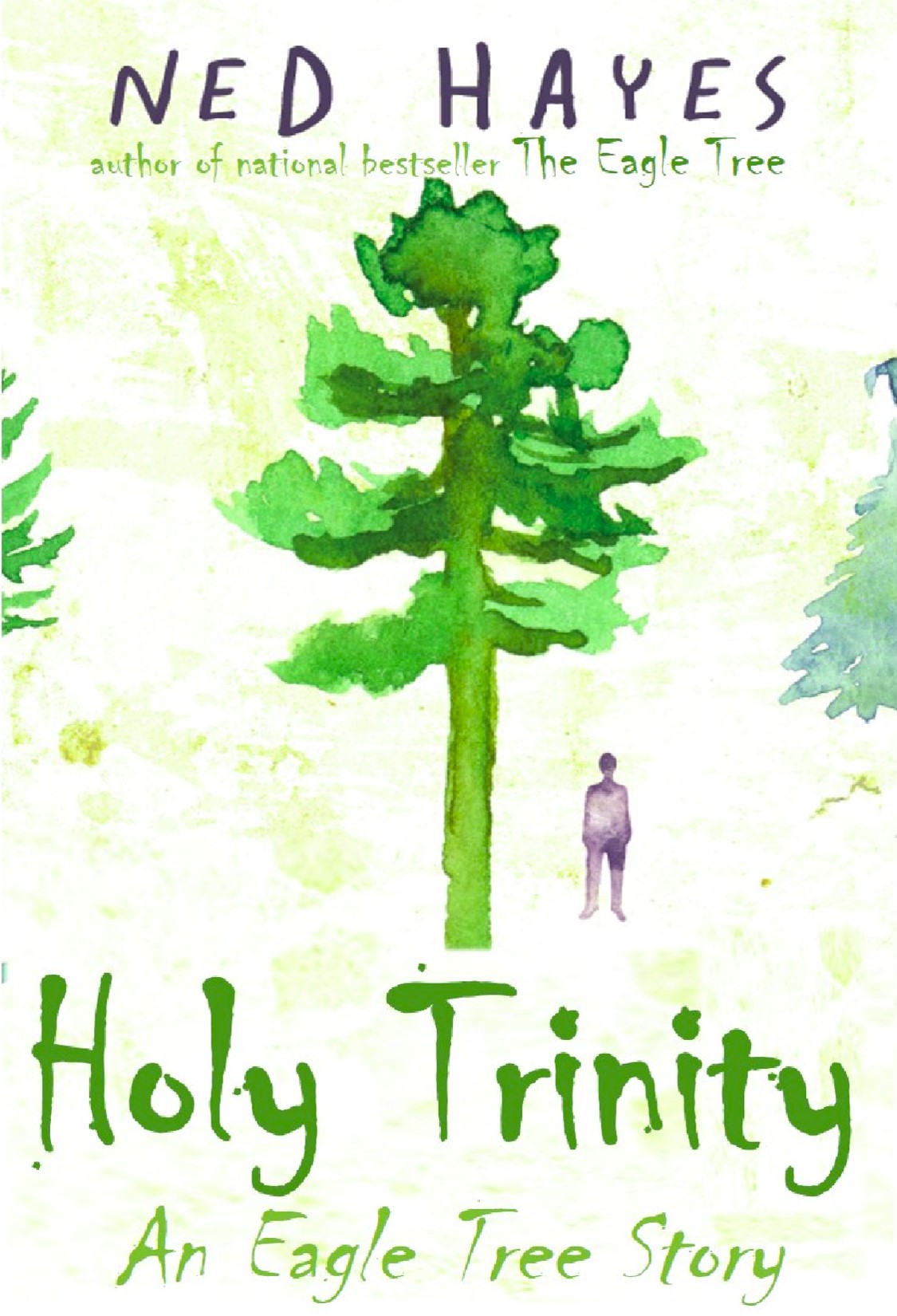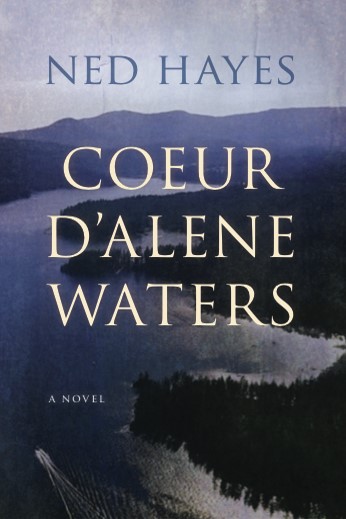Here’s a little explanation on why I just thank reviewers, and say no more…
———————————-
I really like what Neil Gaiman said about reviews recently:
“Several people wanted to know my opinion on Anne Rice’s recent outburst on Amazon.com. (Here’s the book in question, for the curious — Anne’s response is in among the reviews)
I think that unless a reviewer gets their facts completely wrong, the author should shut up (and even then, the author should probably let it go — although I’m a big fan of a letter that James Branch Cabell wrote to the New York Times pointing out that their review of FIGURES OF EARTH was bollocks*).
As Kingsley Amis said, a bad review may spoil your breakfast, but you shouldn’t let it spoil your lunch. I suspect that most authors don’t really want criticism, not even constructive criticism. They want straight-out, unabashed, unashamed, fulsome, informed, naked praise, arriving by the shipload every fifteen minutes or so. Unfortunately an Amazon.com reviews page for one of the author’s books is the wrong place to go looking for this. Probably best just not to look.
(On the other hand, the statement “You read it wrong” is not an entirely meaningless one. When I first read Gene Wolfe’s PEACE, aged 17, I thought it was a bucolic and sort of pointless set of reminiscences by a sweet old man. When I read it again, aged 26, having spent some years as a writer and critic, I found myself, rather to my surprise, reading a deeply chilling and murderous novel narrated by one of the darkest characters in literature, who was a ghost to boot. But Gene Wolfe isn’t going to make people who didn’t like or get PEACE suddenly like it by going on Amazon and telling them it was too good or too clever for them, even if it was.)
When you publish a book — when you make art — people are free to say what they want about it. You can’t tell people they liked a book they didn’t like, and there is, in the end, no arguing with personal taste.
Different people like different things. Best to move on and make good art as best you can, instead of arguing.
I think Anne Rice going on Amazon and lambasting her critics was undoubtedly a very brave and satisfying thing for her to do, was every bit as sensible as sensible as kicking a tar baby, and, if ever I do something like that, please shoot me.”
———————
I agree… And in actual point of fact, I truly appreciate reviews of my books — good, bad, positive, negative. To me, it says someone was engaged enough with the book to express an opinion.
Sure, authors want praise, but more than that, they want readers to have engaged with their work. A review is utter engagement. It is, in the end, all I can ask.
THANK YOU to all reviewers who have written on GoodReads and on Amazon and on Booklikes! Thank you!
———————————
* The letter from Cabell to the Times, after pointing out a dozen places in Maurice Hewlett’s review of Figures of Earth where he had complained of Cabell making up ineptly things which Cabell had actually accurately reproduced from classical sources, ends,
Still, it is not fair that I should profit by Mr. Hewlett’s lack of such elementary erudition. Plain honesty compels me thus publically and modestly to admit that when Mr. Hewlett accredits me that invention of (and blame for) all these, and other, matters he honors me beyond my due. And while these deficiencies in Mr. Hewlett’s knowledge are interesting, why, after all, should his naive confession of them be printed as a review of a book by someone who does happen to know about these things?
Yours faithfully, James Branch Cabell
For most authors, not being James Branch Cabell, it’s probably wisest after reading a particularly stupid or vicious or bad review to mentally compose your letter to the editor, fill it with your sharpest and most cutting and brilliant bon mots, and then, having made it up, to successfully resist the urge to put it to paper, and to return cheerfully to work.





